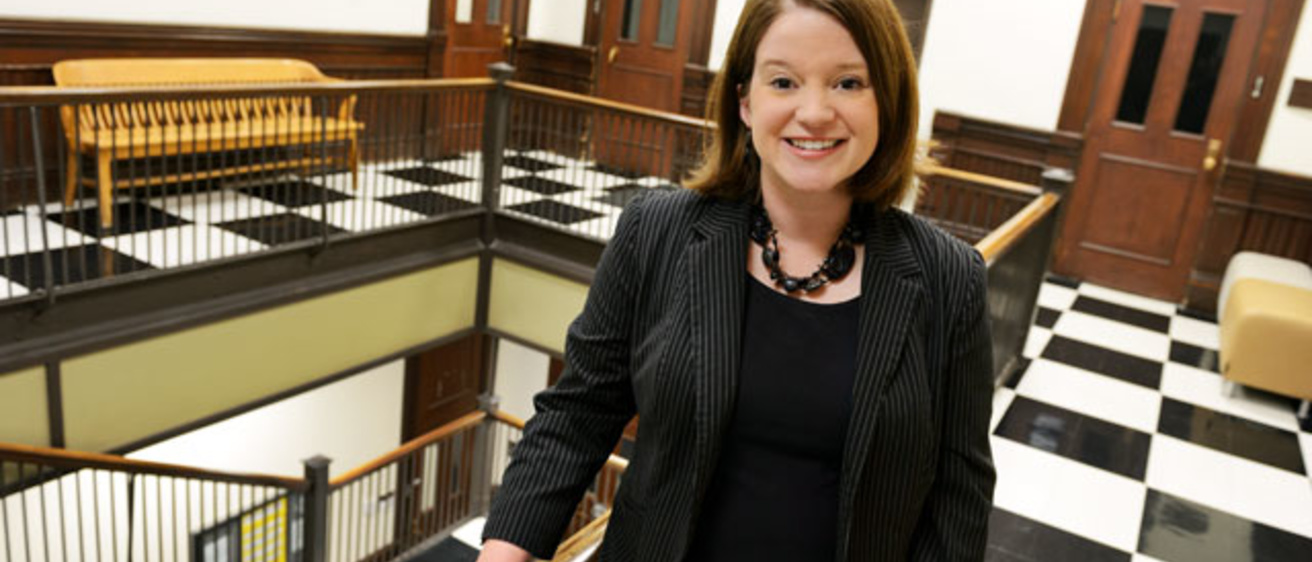In 2010, the University of Iowa launched the Office of Retention, an office focused on creating seamless and successful transitions from high school to college to graduation.
As its director of retention, Michelle Cohenour coordinates early intervention programs, reaches out to students who are identified as being at-risk for leaving the university, and serves as a point-person for faculty, staff, and family members who are concerned about a particular student.
What are the goals of the Office of Retention?
Our primary goal is to work with students who are having a difficult time at the university—to help them navigate campus and get connected with the resources they need so that they can be successful here. We offer other services, too—Kate Sojka, the director of new student programs in our office, oversees On Iowa! as well as tutoring programs and academic success workshops.
How do you get connected with students?
We get referrals from university faculty and staff, and from family members. We reach out to students who have what we call “red flag indicators.” Those include not attending class, getting multiple Ds and Fs, and not registering for the next semester.
We’ve seen a lot of students referring themselves, too. They’ve heard about our office and they’ll call to say, “I need help. I’m encountering this” or “I don’t know how I’m going to pay for next semester’s tuition. Can I meet with you and talk about that?”
Either way, we reach out them and see how we can help and how we can meet their needs, and then we follow up with them. We get in touch with them a week later and say, “Were you able to get connected with financial aid?” or “Did you get in touch with Student Disability Services?”
We also meet with students who are withdrawing from the university. When we have students who are withdrawing because of health or family issues, we talk with them about resources in their hometown and their options for returning to the university in the future. Our goal is to make sure they feel comfortable with their decision and let them know that the door is open for them to come back.
Last year, we saw about 750 students.
This year, your office also started offering MAP-Works, an online assessment tool, to all first-year students. Can you talk about the program?
I’m really excited about this new initiative. MAP-Works helps us identify challenges students may be facing, but it also helps us identify the positive things that are going on. In September, students took a survey about their experience on campus, then received an individual report with an assessment of how they are transitioning to college, along with UI-specific resources and information.
Each student is linked to two professionals on campus via MAP-Works—usually their hall coordinator and their academic advisor. Our goal is to reach out to students early on to make sure they have what they need.
We want students to know we care about them, and feel that they belong at Iowa. We know students can be successful at Iowa; we want to make sure they have the resources they need to succeed.
